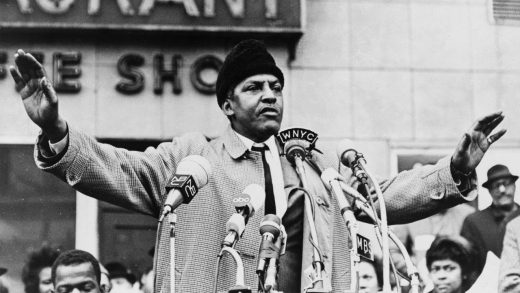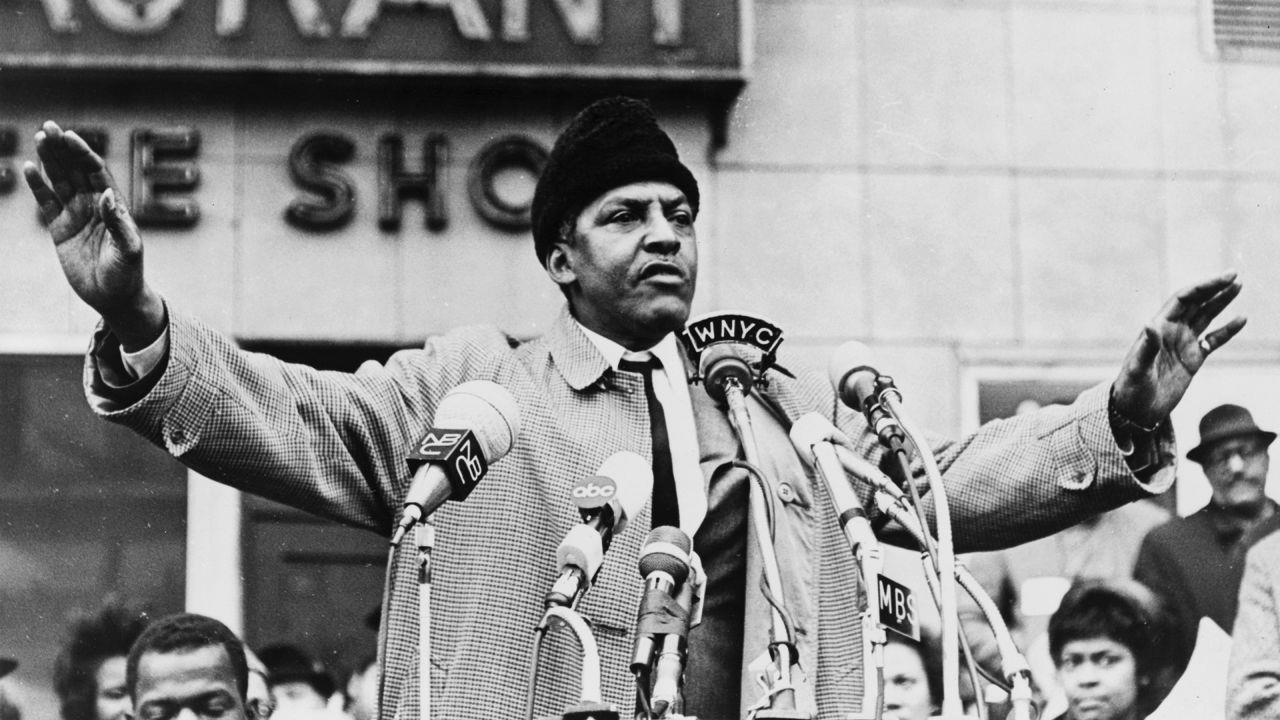The One Surprising Person Your Work Team Desperately Needs
We all know the story of the 1963 March on Washington because it culminated in one of the most iconic moments of the Civil Rights Movement, with Dr. Martin Luther King, Jr., declaring, “I have a dream.” What many of us don’t know, though, is that the march might not have happened—and the fight for civil rights might have been a lot bloodier—if not for a rather troublesome character named Bayard Rustin.
Rustin was trouble for several reasons. He was a contrarian and outspoken. He was a radical follower of Gandhi, and what Fox News today might call “extremely liberal.” He was also openly gay, which made him a political lightning rod in those days. And yet King fought to keep Rustin around at every turn. That’s because Rustin was a master agitator, exactly what the movement needed.
At Rustin’s urging, the fledgling Civil Rights Movement eschewed direct conflict in favor of being really annoying to the powers that were. He understood that in order to make progress, he and his fellow activists didn’t need to talk and fight the way persecuted people always had. They needed to show—kindly—how it was flawed.
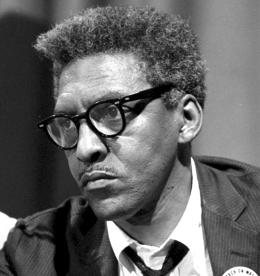
As Rustin famously put it, they needed to be “a group of angelic troublemakers.”
Instead of throwing rocks, Rustin encouraged civil rights protesters to sit down in the streets. Instead of tipping over buses, he encouraged supporters to boycott them. Instead of taking up arms, he encouraged people to link arms and get in the way.
Angelic troublemaking—or going against the grain in a benevolent fashion—is a powerful philosophy for business as well as social movements. It’s not just about being difficult; it’s about forcing people to see situations differently. It’s about making a mess, with good intentions, so things can change.
You can even plot it out roughly like this:

How Wild Cards Make Brainstorms Better
In 2013, a group of Belgian researchers made a surprising discovery supporting Rustin’s philosophy. They were looking at the way teams come up with new ideas through brainstorming. A common problem with brainstorming groups, the researchers wrote, is that they “have a hard time thinking beyond the familiar.” And they found that this happens for two reasons.
First, brainstorming groups tend to consist of people who are close associates and have similar perspectives. Studies show that the more diverse a brainstorming group’s members’ background, the more ideas the group will come up with. The second, trickier problem is that our brain’s subconscious desire to be accepted by its tribe leads people to prioritize group stability over rustling feathers—something that presenting foreign or outlandish ideas tends to do. And so when we brainstorm together, we stick to variations of conventional solutions: Want to grow the product line? Change the color of the packaging. Want to win rights? Get guns and dig trenches.
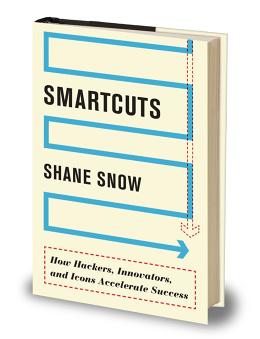
So the standard thinking went. The Belgian professors found, however, that one simple addition to a brainstorming session dramatically increases the odds of coming up with truly innovative ideas: Throw in a “wild card.”
When groups were asked in experiments to brainstorm ideas for a mobile telephone company, they generally came up with pretty straightforward solutions. But when an “extreme” or polarizing person with really weird ideas was introduced to the groups, the groups came up with both more ideas and better ones.
More dramatic still, when the researchers kicked off a brainstorming session with an extreme idea right out of the gates—even something so crazy it would never work—it still led participants to come up with even better ideas together. Throwing a wrench into a brainstorm session, the study concluded, shows “the promise of broadening the space of possibilities and, as such, helping stakeholders think beyond the familiar.”
Taking “Angelic Troublemaking” To The Office
Recently, one man has taken Rustin’s philosophy and applied it to running a business—with terrific success. Aaron Walton, cofounder of Walton Isaacson, runs one of the most innovative companies I’ve visited of late. They’re a full-service ad agency with clients from Knob Creek to the L.A. Dodgers and a mission to be “the most interesting agency on the planet.”
Their job is to come up with creative ideas all the time, and Walton sees his role as an orchestrator of angelic troublemaking. He recruits people from all sorts of backgrounds—every race and gender and education and geography—so that the company can brainstorm from many different perspectives. Walton guides creative sessions so that there’s never just a bunch of heads nodding “yes.”
“Real innovation comes from tension,” Walton says. “‘Angelic troublemakers’ is a respectful way to do that.”
At Walton Isaacson, people from totally different departments are sent to meetings they have no business being in. Recently, its events team was working on ways to get more people to live events for Lexus. Walton added someone from the digital ads department—someone with a very different perspective, who might throw a wrench in conventional events thinking—to the planning meeting. Together, the team came up with the idea to turn the live events into a television show about poetry and spoken-word performance. The show, Verses and Flow, is now a full-fledged series in its sixth season.
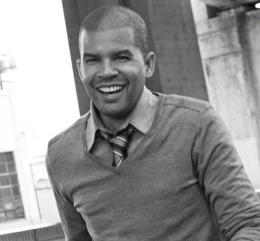
“You may not always agree with it, but you want that kind of tension, pushing you to think about things differently,” Walton says. The key to creating an innovative organization, he says, “is creating an environment where that can be done” with respect. They key to angelic troublemaking, in other words, is the angelic part.
Earlier this year, Walton Isaacson created a video for the campaign #TurnIgnoranceAround, which features Latino and Latina professionals from various fields saying things that presidential candidate Donald J. Trump has said about Mexicans, then turning those quotations into positive things. “I’m a dealer,” says one man. “I’m a dealer of flavor. I’m a chef!”
The video has been viewed on various channels over 12 million times, according to Walton. It was thought up as an act of defiance by an Argentinian employee at Walton Isaacson—an example of the kind of simultaneously rebellious and positive thinking that the company encourages.
Crucially, though, says Walton, you need “cooperators” in order to actually get work done. We can’t all be troublemakers all the time. But when you’re trying to figure out what work to do, he adds, “You are most likely going to find the best solution [when you] challenge.”
During the Civil Rights Movement, leaders like NAACP chairman Roy Wilkins didn’t want Bayard Rustin around. He didn’t always tell people—even his allies in the cause—what they wanted to hear. He was a wild card and seen by some as a political hazard. And he wasn’t put in charge of everything. But as a key member, Rustin still forced the movement to consider new ways of doing things. In 2013, President Obama posthumously awarded Rustin the Presidential Medal of Freedom for his work, calling him “one of [our] greatest architects for social change.”
We should all put troublemakers like Rustin on our teams. Because sometimes the architect we need to make things better is the one who’s willing to break them a little bit first.
Update: A previous version of this article referred to Walton Isaacson as a “digital agency” instead of an “ad agency” and recorded Verses and Flow as being in its fifth season, when it is in its sixth. Both errors have been corrected.
Fast Company , Read Full Story
(24)

